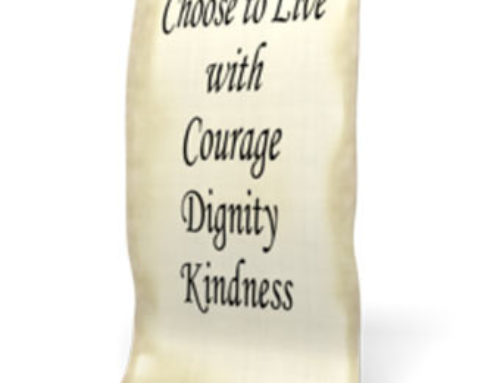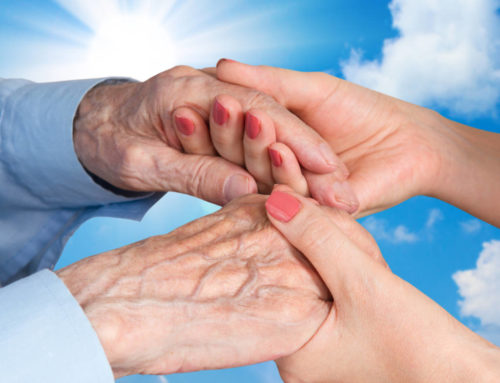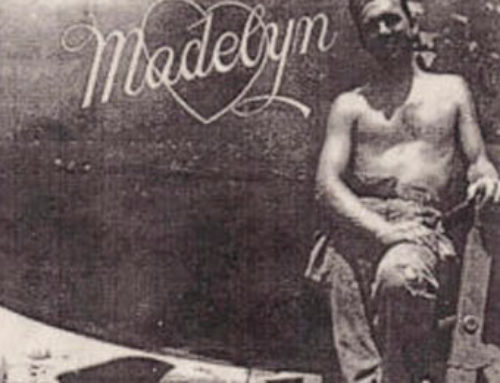TRUTH
A few days ago Alex and I met a woman at a caregiver support group meeting. Her father had just died. When we expressed sympathy, she said, “It’s okay. He lived the life he wanted to live, and it’s not a sad thing that he died.”
As the meeting progressed, she revealed that her father had been a terrible husband to her mother and a horrible, abusive father. She was actually feeling relieved that he was dead. The only problem she had with his death was figuring out what to tell her children and how to respond to people who expressed their condolences. (She didn’t want to speak poorly of the dead.)
We thought the statement she made at the beginning of the meeting was a perfect way to respond to expressions of sympathy when people weren’t aware of her situation. I thought she could tell her children the truth (to a certain extent). I suggested she say something like, “Your grandpa made a lot of choices in his life that hurt other people. I’m sad that he wasn’t able to be the kind of person I wish he could have been. But he gave me life, and for that I’m grateful, because I’ve been able to make my own choices. The joy I’ve experienced from being married to your dad and having you as my children has more than made up for the disappointments I suffered from being my father’s child.
Unfortunately, not all everyone wins the genetic lottery when it comes to biological parents. The good news is that we are not condemned to repeat the sins of our mothers and fathers, and we don’t have to pretend that they were good people if they weren’t. It’s okay to not love unloveable people, and it’s okay to tell the truth.




